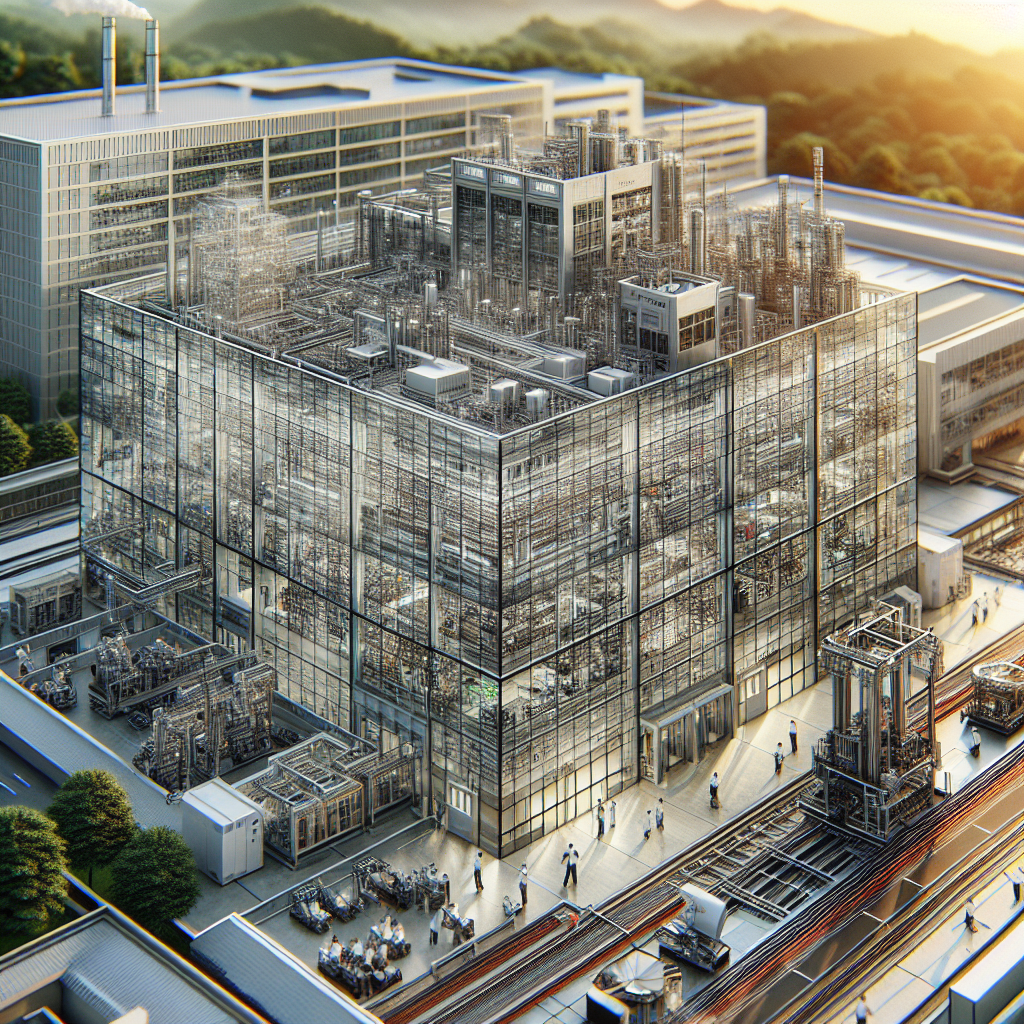Taiwan Semiconductor Manufacturing Company (TSMC), the world’s leading contract chipmaker, has submitted a permit application for the construction of a new advanced semiconductor fabrication plant in central Taiwan, signaling a significant expansion of the island’s high-tech infrastructure amid growing global demand for cutting-edge chips. According to the report titled “TSMC Seeks Permit to Build High-Speed Chip Fab in Central Taiwan,” published by Startup News FYI on October 21, 2025, the proposed facility aims to cement Taiwan’s strategic position in the global semiconductor supply chain.
The application, filed with Taiwan’s Environmental Protection Administration, outlines TSMC’s intention to build the facility in Taichung’s Central Taiwan Science Park—a location that already hosts several of the company’s operations. If approved, the new fab will likely be tailored to produce chips using the company’s high-speed, next-generation nodes, suggesting support for advanced applications such as artificial intelligence, high-performance computing, and next-generation wireless communications.
This development comes at a critical time for TSMC, as it races to maintain technological leadership and manufacturing capacity in an increasingly complex geopolitical and economic landscape. With global chip shortages still fresh in the minds of industry leaders and national governments, the effort to expand production capabilities has taken on new urgency.
The Startup News FYI report indicates that the fab could represent one of TSMC’s most advanced facilities to date. While specifics of the process technology to be used in the Taichung plant were not disclosed, analysts speculate the facility could support production nodes of 2nm or smaller—representing a leap forward in performance and power efficiency. TSMC began risk production of its 2nm chips earlier this year and plans to ramp up mass production by late 2025 or 2026.
Environmental considerations remain a key regulatory hurdle. TSMC has faced increased scrutiny over the high water and electricity consumption associated with semiconductor manufacturing. The environmental impact assessment, now under review, will evaluate the plant’s resource usage, waste management, and emissions strategies. TSMC has pledged greater investment in renewable energy and eco-friendly manufacturing practices as part of its broader sustainability goals.
Taiwan’s central government is expected to support the project, viewing it as a strategic asset that reinforces the island’s dominance in the global semiconductor market. The investment is also anticipated to generate thousands of jobs and attract additional upstream and downstream suppliers to the region, amplifying its economic impact.
As the only manufacturer currently capable of mass-producing the most advanced chips at scale, TSMC’s expansion efforts carry broad implications for global technology companies, governments, and consumers alike. The proposed Taichung facility, if approved, would further extend the company’s leadership at a time when secure, domestic access to advanced semiconductors has become a matter of national priority for many countries.
The move follows similar initiatives by TSMC to expand manufacturing in the U.S., Japan, and Europe, part of a broader strategy to diversify production locations while maintaining a robust base in Taiwan. However, analysts note that domestic expansion remains core to the company’s growth strategy, leveraging its dense supply-chain ecosystem and experienced local workforce.
With the permitting process underway and public consultations expected in the coming weeks, attention will now turn to the potential timeline for construction and eventual production. If approved soon, the Taichung-based fab could begin pilot production in the latter half of this decade, positioning TSMC to meet the next wave of demands from global technology giants.



